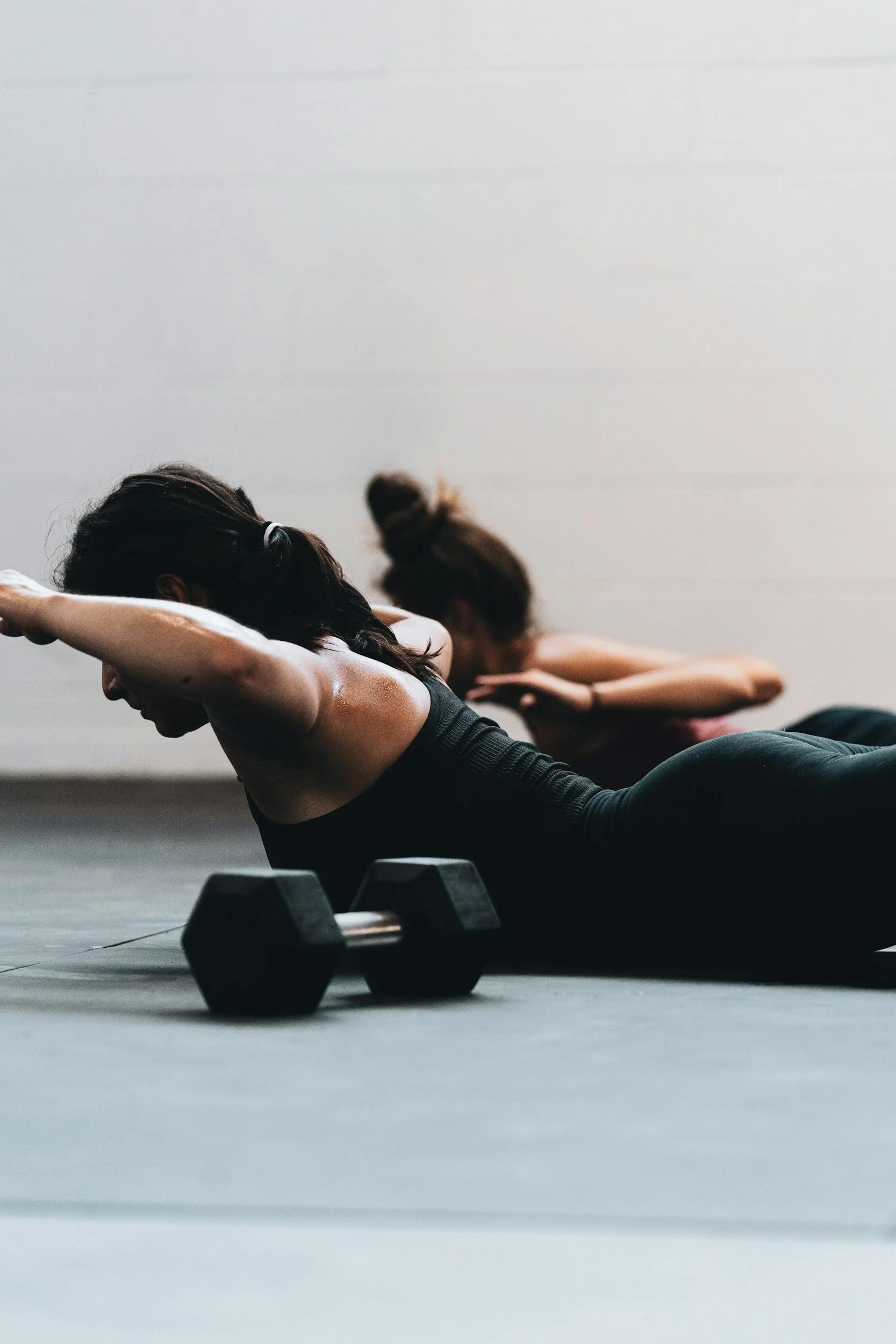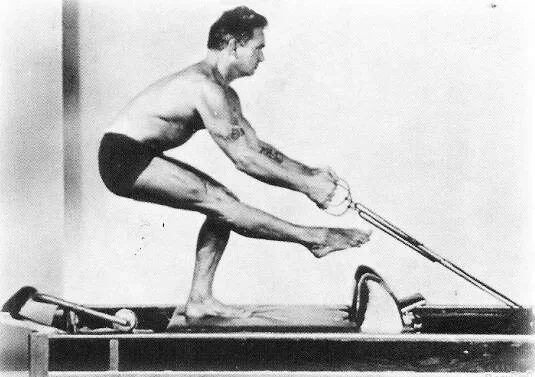
Everything You Need to Know
PILATES 101
What is Pilates?
Pilates is a low-impact exercise method designed to build strength, improve flexibility, and enhance body awareness — all while focusing on precision, control, and breath. It’s not just about “working out”; it’s about creating balance in the body, moving with intention, and strengthening from the inside out.
Pilates vs. Yoga: Understanding the Difference
Pilates and yoga both focus on mindful movement and breath, but their purposes differ
-
Pilates is rooted in rehabilitation and functional strength training, often using spring-based apparatus.
-
Yoga has ancient spiritual origins, focuses on holding poses, and often emphasizes flexibility and mindfulness.
Both are beneficial — but Pilates offers a unique approach to core strength, joint health, and
injury prevention.
Why Pilates is for Everyone?
The beauty of Pilates is its adaptability
Seniors: Gentle yet effective for balance, coordination, and mobility.
Injured: Designed to help you recover and rebuild safely.
Athletes: Improves power, agility, and injury resistance.
Everyday movers: Strengthens posture and tones while keeping your body feeling good in daily life.
The Apparatus: Beyond the Mat
While Pilates began on the mat, Joseph Pilates created equipment to add resistance, assistance, and variety
Reformer: Spring-based sliding carriage for dynamic strength work.
Cadillac / Trapeze Table: For supported stretches, strength, and rehab exercises.
Tower: A vertical frame for spring-based work.
Wunda Chair: Small but challenging for balance and control.
Barrels & Arc: Great for posture and spinal mobility.
The Joseph Pilates Story
Joseph Hubertus Pilates was born in 1883 in Germany. As a sickly child, he committed to improving his health through movement. During World War I, he developed exercises to help injured soldiers regain strength — using bed springs and straps that inspired the equipment we use today. In the 1920s, he brought his method (then called Contrology) to New York City, where dancers and athletes flocked to his studio.
Classical vs. Contemporary Pilates
Classical Pilates follows Joseph’s original sequence and order and style.
Contemporary Pilates blends his work with modern exercise science and creative variations.
Both styles can be transformative — it’s all about finding what inspires you!
Benefits of Pilates
Strengthens deep core muscles
Improves posture and spinal alignment
Increases flexibility and mobility
Supports injury recovery and prevention
Boosts energy and body awareness
Suitable for ages & fitness levels
Ready to get started? Use our Pilates Studio Directory to find a certified instructor near you and take your first step into this life-changing method!